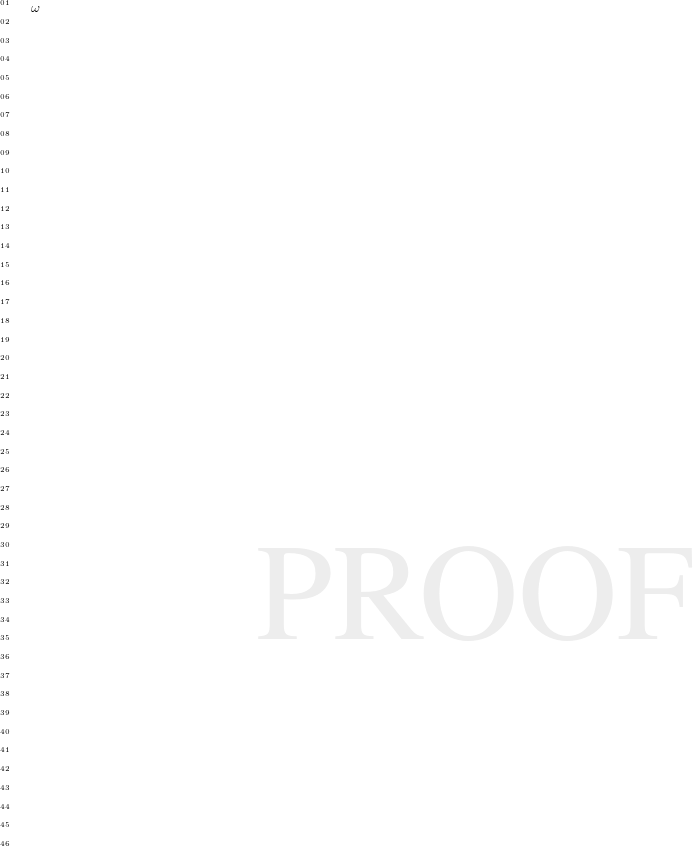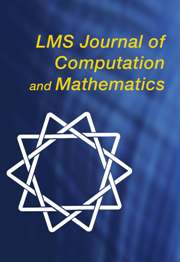Article contents
McCammond’s normal forms for free aperiodic semigroups revisited
Published online by Cambridge University Press: 01 January 2015
Abstract
This paper revisits the solution of the word problem for  ${\it\omega}$-terms interpreted over finite aperiodic semigroups, obtained by J. McCammond. The original proof of correctness of McCammond’s algorithm, based on normal forms for such terms, uses McCammond’s solution of the word problem for certain Burnside semigroups. In this paper, we establish a new, simpler, correctness proof of McCammond’s algorithm, based on properties of certain regular languages associated with the normal forms. This method leads to new applications.
${\it\omega}$-terms interpreted over finite aperiodic semigroups, obtained by J. McCammond. The original proof of correctness of McCammond’s algorithm, based on normal forms for such terms, uses McCammond’s solution of the word problem for certain Burnside semigroups. In this paper, we establish a new, simpler, correctness proof of McCammond’s algorithm, based on properties of certain regular languages associated with the normal forms. This method leads to new applications.
- Type
- Research Article
- Information
- Copyright
- © The Author(s) 2015
References
- 3
- Cited by




